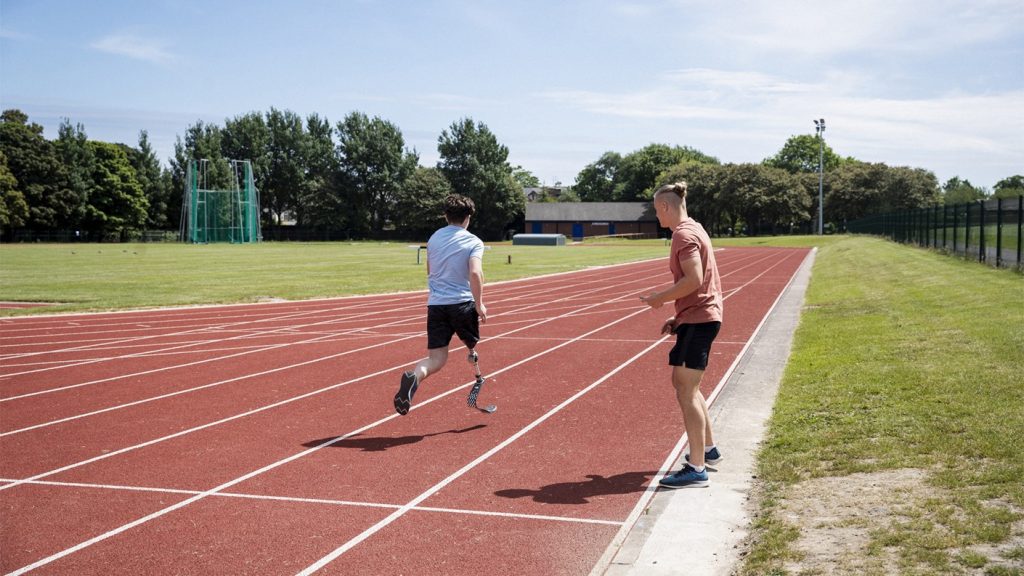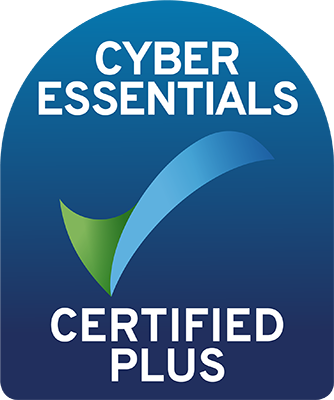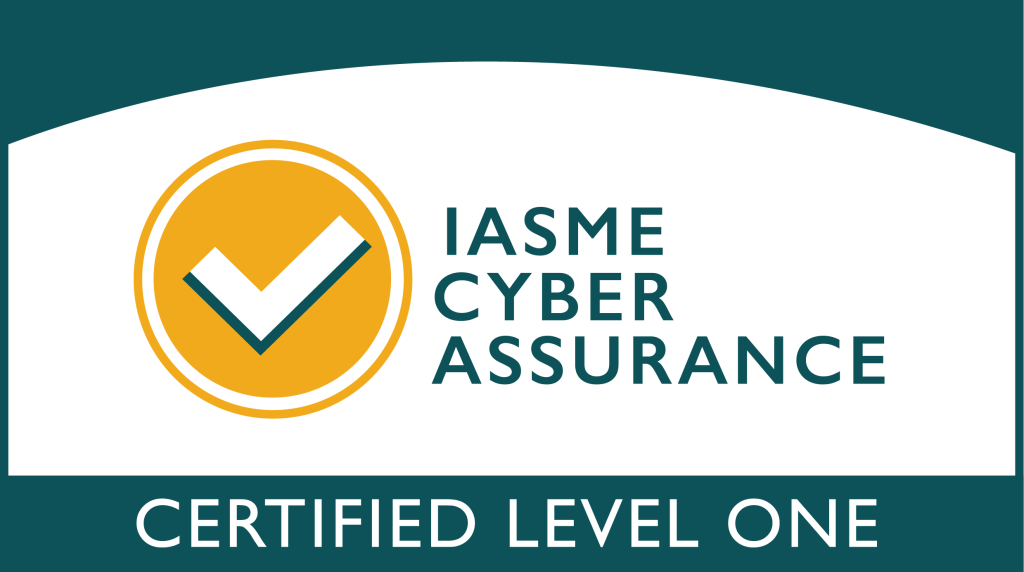The professional sport industry is a highly competitive, fast paced, and innovative place to work.
You could be working with the highest-level athletes to help them achieve their goals, supporting the delivery of international competitions, or making sure spectators are safe and optimise their experience. If you like elite sport and challenging yourself every day this could be the industry for you.
25,000 people are studying sports science right now
40% of paid sports coaches are under 35 years old
171 million hours of coaching delivered per week
Top three jobs in professional sport
High Performance Sports Coach – work with elite and professional athletes to help them excel in their sports performance.
Strength and Conditioning Trainer – devise strength and conditioning programmes to support athletes to achieve their goals.
Sport Scientist – apply scientific principles to advance performance.
What can I do?
There are a broad range of jobs in professional sport. You can work directly with elite or professional athletes as a Sports Coach, Strength and Conditioning Coach, Sport Scientist or Performance Analyst.
Other roles include supporting the delivery, management and administration of sporting competitions in elite sport as a Performance Manager or Performance Director and helping to organise and deliver sports events as an Event Organiser or Team Director.
Below are a few of the different types of jobs in performance sport.
As a front-line coach, a High Performance Sports Coach will coach performance and/or elite athletes/players.
They work across all professional and elite sport, and they will often be employed by professional sports clubs or organisations that support athletes in performing at major games such as the Olympics or world championships.
A Strength and Conditioning Coach will improve a participant’s experience of sport and physical activity by providing specialised physical preparation support and guidance aligned to their individual needs.
Responsibilities often include:
- Supporting individuals and groups to achieve their performance orientated goals by leading or assisting on the planning, preparation, delivery, continuous evaluation, review and adaption of strength and conditioning programmes. These programmes should be underpinned by scientific principles, evidence-based research and the athlete’s needs.
- Working with a broad range of healthy and injured individuals (e.g. elite and recreational athletes, youth, adults, disabled, etc.), all of whom have different needs.
- Ensuring the culture and environment is designed to meet an individual’s and/or group’s welfare needs and allows them the opportunity to achieve their goals and meet their aspirations.
- Working independently or as part of a multidisciplinary team, which may include technical coaches, sport scientists, physiotherapists, nutritionists, psychologists and medical specialists. They are aware of when to seek specialist advice, work collaboratively and when to refer individuals to the appropriate professionals.
A Sport Scientist can specialise in physiology, psychology or biomechanics. Sport Scientists normally work alongside coaches and other medical staff to apply scientific principles to sports performance.
The science of sport attempts to answer questions such as:
- What happens to the body during physical activity?
- How and why do injuries occur?
- How does the body and mind react in extreme environments?
- How can athletes improve their performance?
As part of analysing sports performance, Sports Performance Analysts may record training sessions and competitions, produce reports on the opposition in team sports, code and edit match footage to provide reports on individuals performances, and use statistics to create trend analysis. This will help to inform athletes and coaches on the quality of their performance and areas for improvement.
There are lots of other roles in performance sport, including Sports Therapist or Rehabilitator and Sports Official.
Education and Training
There are lots of opportunities and options to become professionally recognised when working in professional sport.
Qualifications in sports coaching, and strength and conditioning are provided by independent training providers and sport’s governing bodies.
You can learn on the job and gain coaching experience and qualifications as part of the level 4 apprenticeship in sports coaching.
Within their degrees some universities have embedded the skills needed to be a High Performance Coach or strength and conditioning professional. Not all universities and degrees have done this. Where they have you will see the CIMSPA logo on the university and degree programme advertising and course material.
When selecting a sports science course also check it has been endorsed by the British Association for Sport and Exercise Science (BASES).
Ensure any education or training provider is a CIMSPA Partner and therefore comes with the CIMSPA quality assurance by ensuring they carry the CIMSPA badge and appear in the CIMSPA Directory.
Take a look at our Careers Hub for more careers advice and exciting opportunities for a career in exercise and fitness, leisure operations, community sport or leadership and management.
View the latest sport and physical activity job listings and find your next role now.




